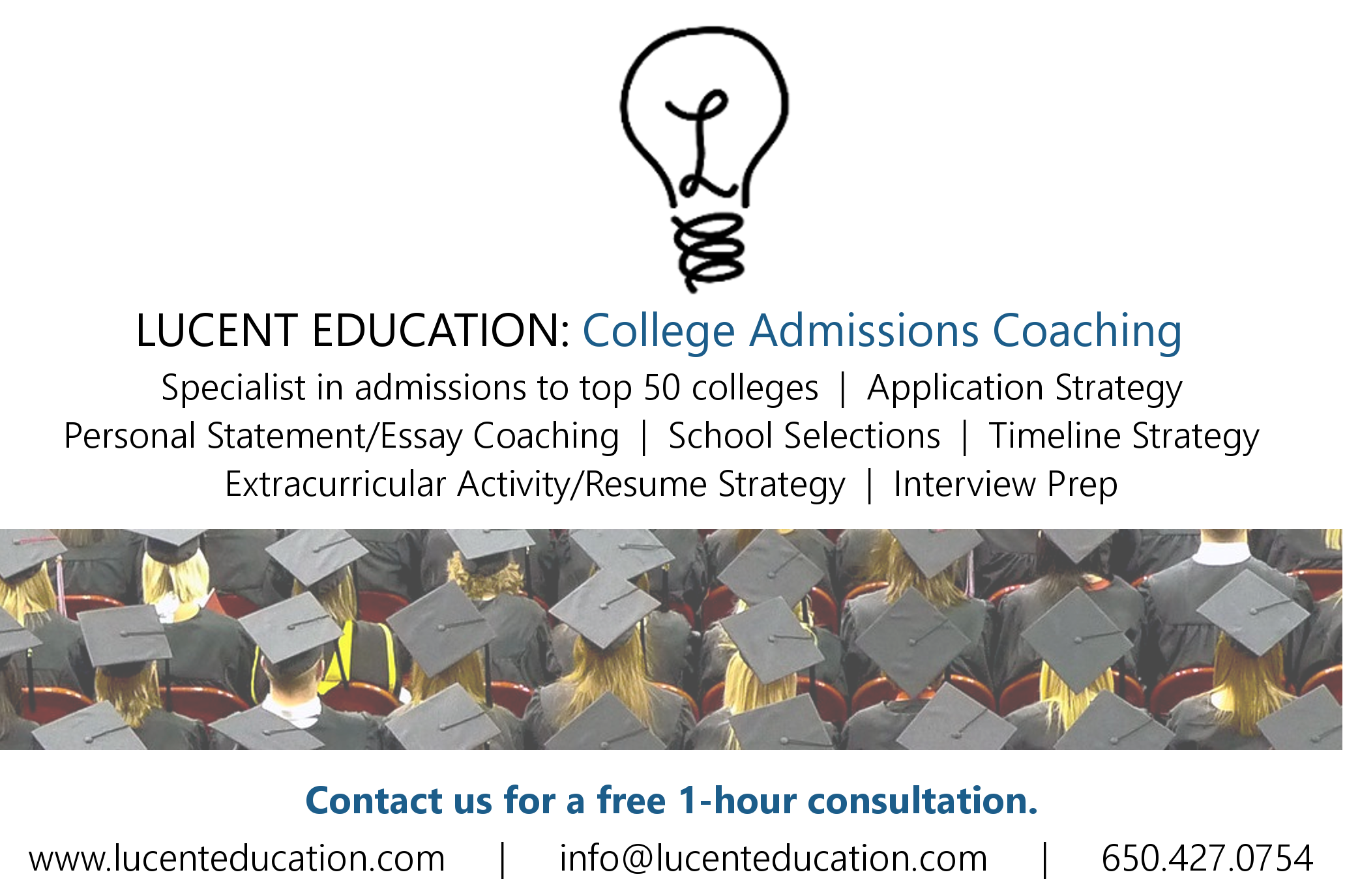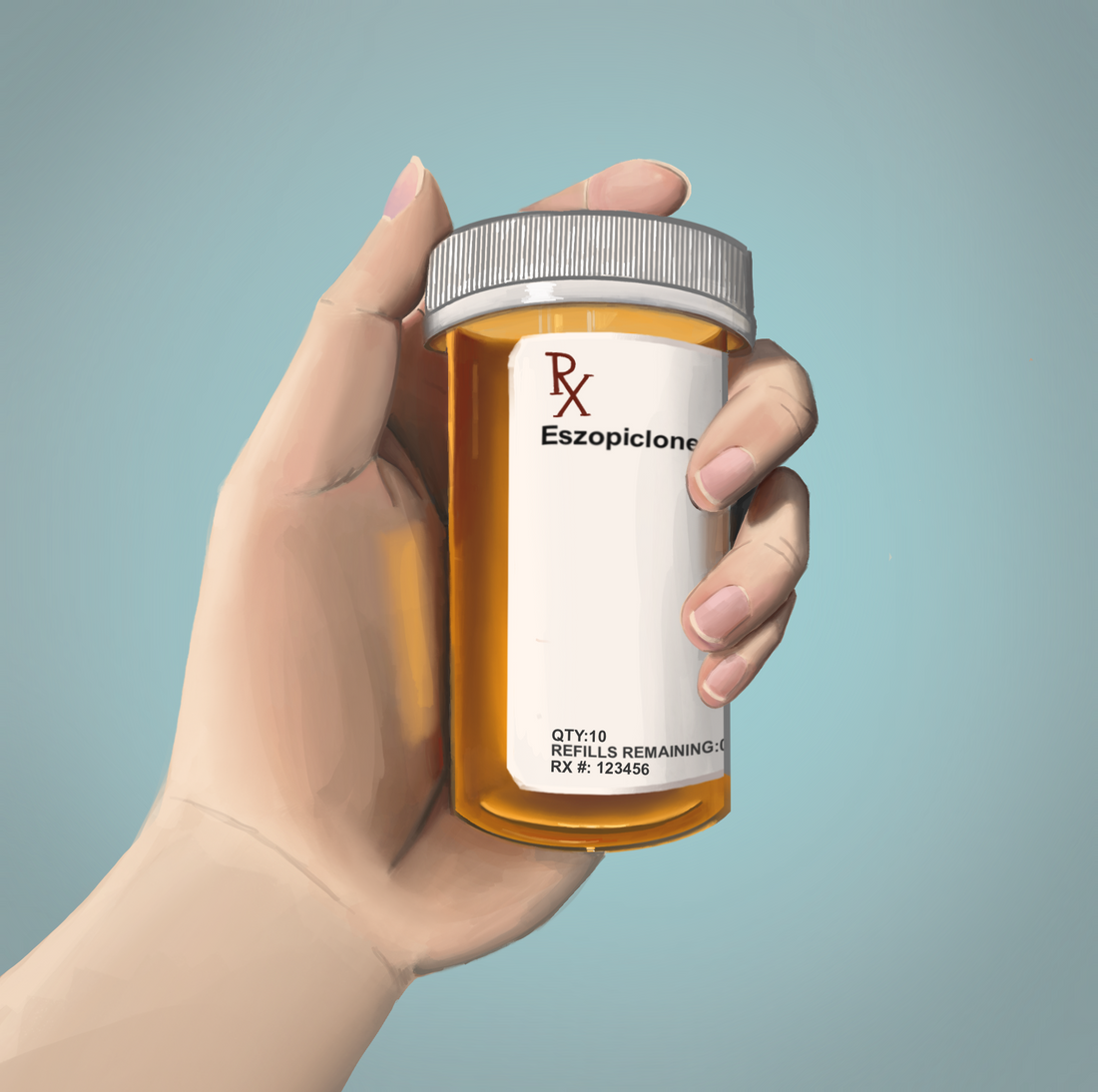Science
Remembering Jane Goodall
Remembering the discoveries and legacy of renowned primatologist, ethologist, and anthropologist Dr. Jane Goodall.
Overwhelming Medical Schools and Healthcare Costs
The costs of both medical schools and healthcare service pose a concerning burden among students and patients respectively, which upon certain perspectives, seems unreasonable.
Title: Holding Back the Tides: How Lower Manhattan is Handling Flood Resilience
By Angelina Lu
Battery Park City’s new coastal resiliency plan serves as a model for flood barrier engineering in urban environments.
Science and Politics: STEM Innovation Under Trump
The Trump administration’s second term has taken a sharper turn in shaping U.S. research priorities, as of September 2025, partly polarizing and politicizing scientific knowledge. From policy directives promising a “gold standard for science” to sweeping funding cuts and technological initiatives, the administration’s decisions are redefining the landscape of American innovation.
Glow-in-The-Dark Plants? Bloom-inescence!
Recent developments have advanced the ongoing research into fabricating bioluminescence in non-glowing organisms, and multiple companies have created viable glow-in-the-dark plant products.
The Science of Optical Illusions
By Emma Musyuk
Our brains are sometimes unable to process what we see as true, resulting in the optical illusions we know and love.
Who Needs GPS When You Have Pigeons?
By Andrew Zhang
Pigeons have been navigating the world for thousands of years, using a variety of complex cues and mechanisms to guide them home.
Cramming: Quick Fix or Cognitive Disaster?
By Andrew Zhang
While cramming is a study method employed by students around the world, it can severely affect performance, memory, and mental and physical health.
Scorching Summer 2025: How Record Heat Threatens Our Health
By Daniel Li
The heat for Summer 2025 is projected to be one of the highest recorded heats, driven by factors like greenhouse gases and stalled high-pressure systems, poses significant health and infrastructural threats, necessitating both large-scale mitigation strategies and individual preparedness.
Orange Cats Came Before the Color Orange?
By Tashfia Diha
A number of factors have allowed orange cats to have reproductive success, including their orange fur—the mystery behind their orange fur genetics was recently discovered.
Leaving the Memories … Or Not: What is the Psychology Behind Nostalgia?
By John Nan
Nostalgia is the emotion felt when one yearns for a memory or an experience, and multivariate pattern analysis can help us better understand the psychology behind it.
Urban Injustice: Robert Moses and Climate Inequity in NYC
By Angelina Lu
Robert Moses’s urban planning legacy of environmental injustice disproportionately affects communities of color and complicates New York City’s environmental efforts.
The Science Behind Spring: Why We Feel Happier When the Weather Warms Up
By Faiza Rumman
The arrival of warmer seasons such as spring has a noticeable impact on our mental health by changing our body’s biological processes and functioning, giving individuals a breath of fresh air after emotional slumps during colder, gloomier seasons such as winter.
ROYGBIV...O? A Closer Look at the Newly Discovered Color ‘Olo’ and How We Can See It
Using laser technology, scientists have recently created a new color known as Olo to target specific parts of the eye.
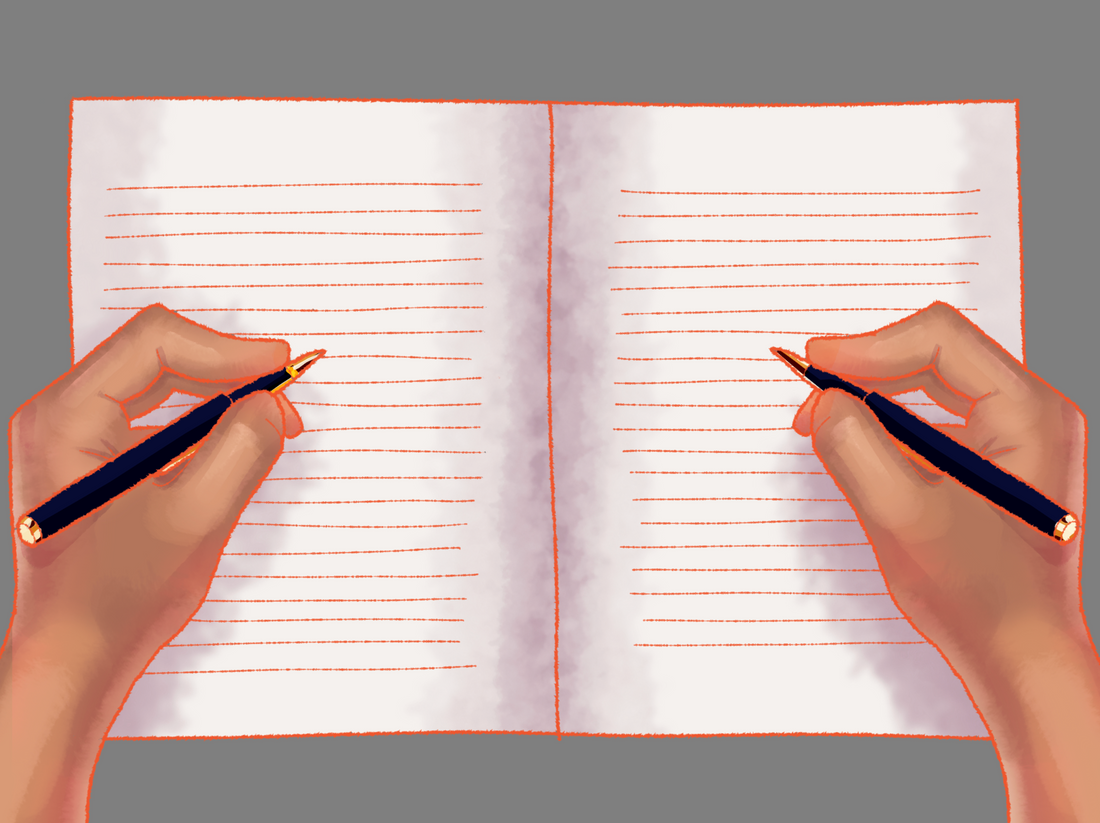
Ambidexterity: Rare Skill or Learned Trait?
Ambidexterity, the trait of having no dominant hand, has lasting effects on neurological distribution—yet this ability can be learned, to an extent.

The Art of a Colorful Night
By Emma Musyuk
While the polar lights may appear as ribbons of various hues and colors in the night sky, the science behind them is just as fascinating as is their beauty.

No Place Like Food - The Significance of Comfort Foods
By Andrew Zhang
Comfort foods are deeply tied to emotion and memory, providing temporary relief from stress while carrying both psychological and physical consequences.
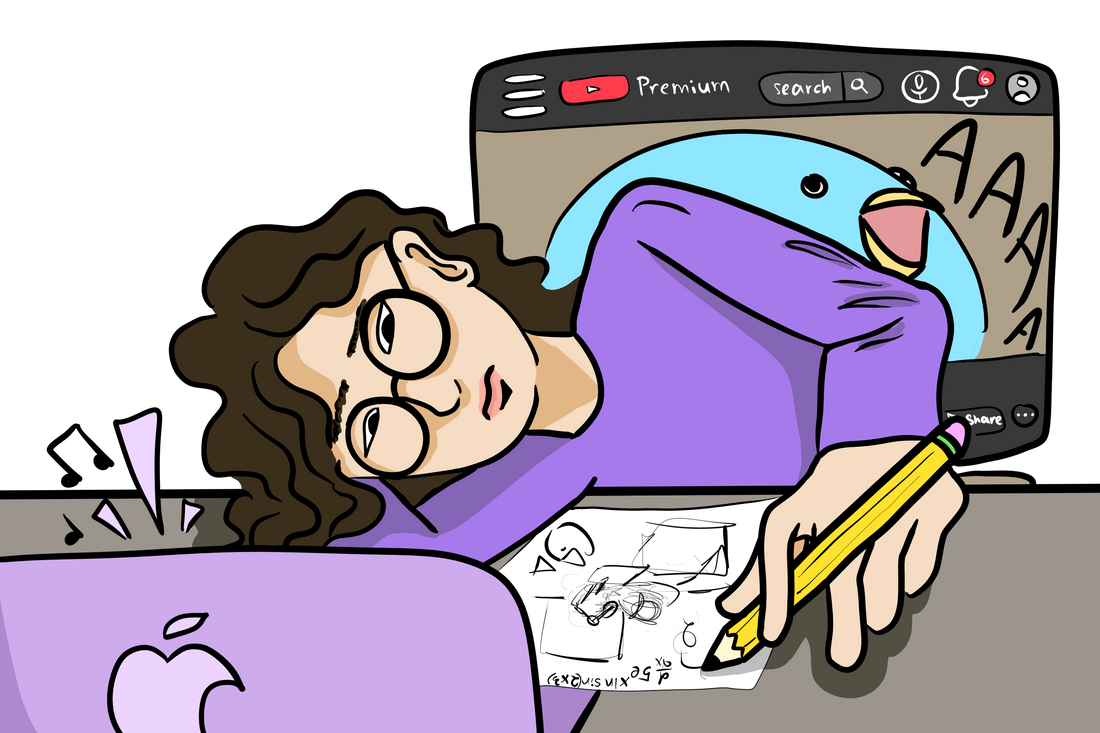
One at a Time!
As digitalization continues to be prevalent in modern times, multitasking has become a norm for many in everyday life, but its human practicality is not possible.

Medical Patents: Why Prescription Medications Cost So Much
By Olivia Liu
Medical patents often give companies large market domination over products, especially when loopholes allow patents to survive longer than intended.

Waves From the Universe: Scientists Uncover a New Way to Detect Gravitational Waves
By Lorelai Kim
A novel way to locate gravitational waves could allow scientists to uncover new cosmic events.

Tylenol: Fever Fixer or Cause of Autism?
By Ryan Yang
While Trump’s comments have reignited public fears, researchers stress that the evidence linking Tylenol and autism remains uncertain.
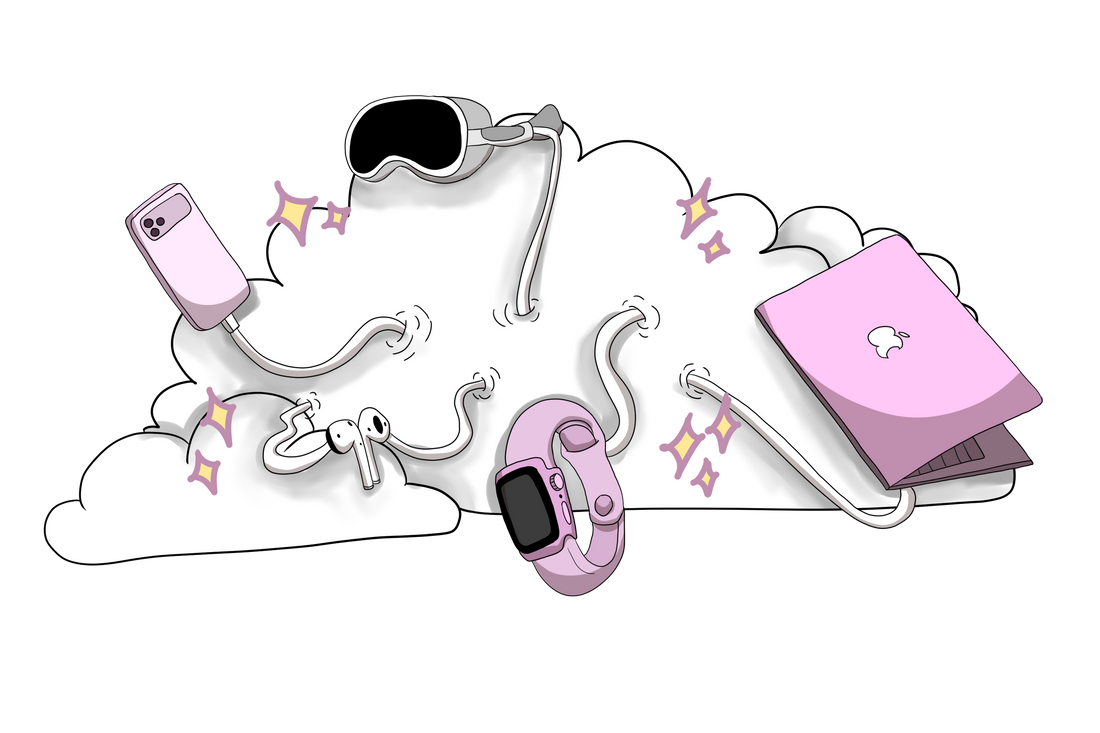
The Secrets Behind Apple’s Success
Apple has maintained its grip on the smartphone market by leveraging its ecosystem and marketing prowess.
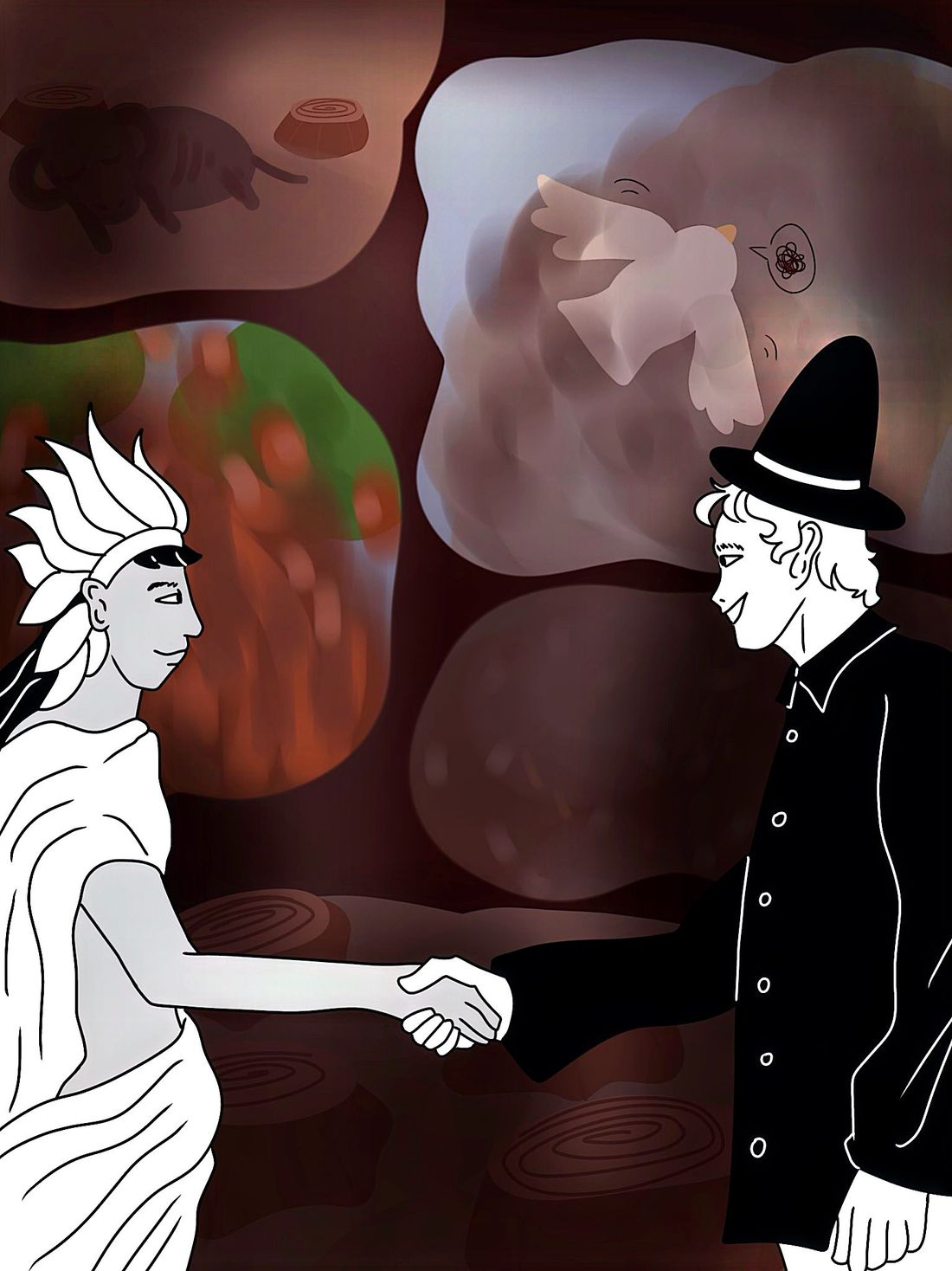
The Colonial Footprint
By Angelina Lu
European colonization of the Americas impacted the environment through disease-driven reforestation, pollution from extractive industries, and destructive land usage.

The Winter Blues: Coping with Seasonal Depression
Seasonal affective disorder (SAD) is a type of depression that occurs at specific times of the year, most commonly during the fall and winter months. It impacts mood, energy, sleep, and appetite, often going unrecognized among young adults and students adjusting to seasonal changes.
The Human Body and Mind After Space Travel
By Sophie Zhao
Astronauts Suni Williams and Butch Wilmore are finally back on Earth after being stranded in space for nine months. Their prolonged time in space significantly impacted their health.
Wires Can Save Thousands of Lives—Impossible!
By John Nan
Fiber optic cables can alert us about earthquakes more efficiently than previous technology, potentially saving many lives.
Lasers and Peacocks
By Sophie Zhao
Peacock tails contain microstructures capable of producing laser light.
BusyBees Can Keep Us From Coughing
Honeybees produce honey, which is acclaimed for its rich diversity…and its health benefits.
Potato Bags and Agave Straws: Can Producing More Plastic Help End Plastic Pollution?
By Jessica Yao
Bioplastics, materials made from renewable resources, can be an alternative to traditional plastic and offer a solution to plastic pollution.
The Neuroscience Behind a New Era of Test Taking: Paper vs Digital
By John Nan
The differences between paper and digital notes are often stark, especially when factoring in the academic performance associated with typing and handwriting.
Why Do Medication Names Often Sound Gibberish?
Prescription and medication drugs we hear and see are often labeled with complicated names: what’s the science behind it?
Dire Wolves Return: De-Extinction Becomes Reality
Colossal Biosciences has used advanced gene editing to bring back the extinct dire wolf and subsequently redefined what it means to truly “resurrect”[C: a species. Art/Photo Request: dire wolves, something like this
Peto’s Paradox: Why Larger Animals Aren't More Prone to Cancer
Larger animals have more cells, which means they should have a higher incidence of cancerous tumors. However, they don’t—elephants and whales, the largest animals in the kingdom have extremely low rates of cancer.
Why Fidgeting Might Just Be the Brain’s Best Friend
By Isabel Cho
For neurodivergent adolescents, fidgeting serves as a vital self-regulation strategy that supports focus, engagement, and learning.
How Genetically Modified HIV Viruses Could Speed up Cancer Treatment
In-vivo CAR T cancer therapies could be a faster, less expensive, and safer alternative to ex-vivo CAR T therapies.
Iron’s Hidden Weakness: A New Path in Cancer Treatment
By Daniel Li
Ferroptosis is a promising field in cancer treatment research due to a cancer cell’s potentially heightened iron levels.
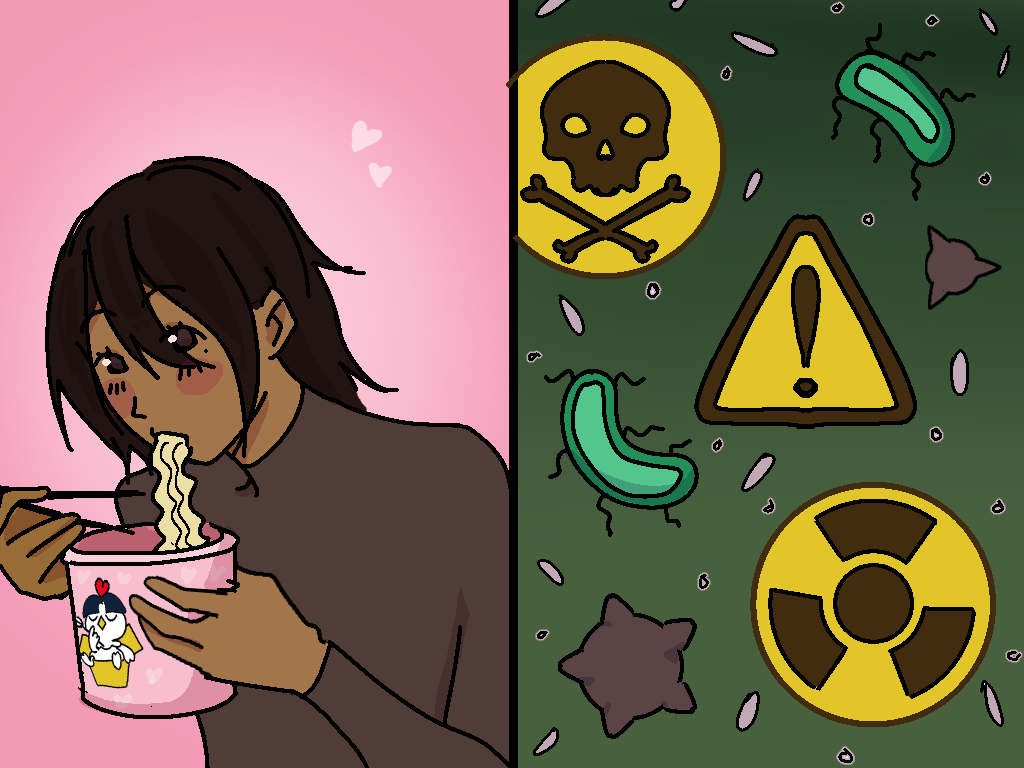
The Truth Behind Popular Ramen Companies: Cancer-Related Carcinogens
Recent studies and safety reports suggest that some of the most popular instant ramen brands may contain additives and contaminants that could harm the human body and lead to several diseases.
Who Needs GPS When You Have Pigeons?
By Andrew Zhang
Pigeons have been navigating the world for thousands of years, using a variety of complex cues and mechanisms to guide them home.
Cramming: Quick Fix or Cognitive Disaster?
By Andrew Zhang
While cramming is a study method employed by students around the world, it can severely affect performance, memory, and mental and physical health.
Scorching Summer 2025: How Record Heat Threatens Our Health
By Daniel Li
The heat for Summer 2025 is projected to be one of the highest recorded heats, driven by factors like greenhouse gases and stalled high-pressure systems, poses significant health and infrastructural threats, necessitating both large-scale mitigation strategies and individual preparedness.
Orange Cats Came Before the Color Orange?
By Tashfia Diha
A number of factors have allowed orange cats to have reproductive success, including their orange fur—the mystery behind their orange fur genetics was recently discovered.
Leaving the Memories … Or Not: What is the Psychology Behind Nostalgia?
By John Nan
Nostalgia is the emotion felt when one yearns for a memory or an experience, and multivariate pattern analysis can help us better understand the psychology behind it.
Urban Injustice: Robert Moses and Climate Inequity in NYC
By Angelina Lu
Robert Moses’s urban planning legacy of environmental injustice disproportionately affects communities of color and complicates New York City’s environmental efforts.
The Science Behind Spring: Why We Feel Happier When the Weather Warms Up
By Faiza Rumman
The arrival of warmer seasons such as spring has a noticeable impact on our mental health by changing our body’s biological processes and functioning, giving individuals a breath of fresh air after emotional slumps during colder, gloomier seasons such as winter.
ROYGBIV...O? A Closer Look at the Newly Discovered Color ‘Olo’ and How We Can See It
Using laser technology, scientists have recently created a new color known as Olo to target specific parts of the eye.
The Universe Is Expanding Faster Than Your GPA Is Dropping (For Now)
By Narnia Poddar, Tashfia Diha
The rate of the expansion of the universe, explained by dark energy, has been accelerating, but new findings suggest that this acceleration might be slowing down.
The Power in Every Step: How Sidewalks Can Generate Electricity
Piezoelectricity can help turn steps into energy, providing an alternate and more sustainable energy source.
The Human Body and Mind After Space Travel
By Sophie Zhao
Astronauts Suni Williams and Butch Wilmore are finally back on Earth after being stranded in space for nine months. Their prolonged time in space significantly impacted their health.
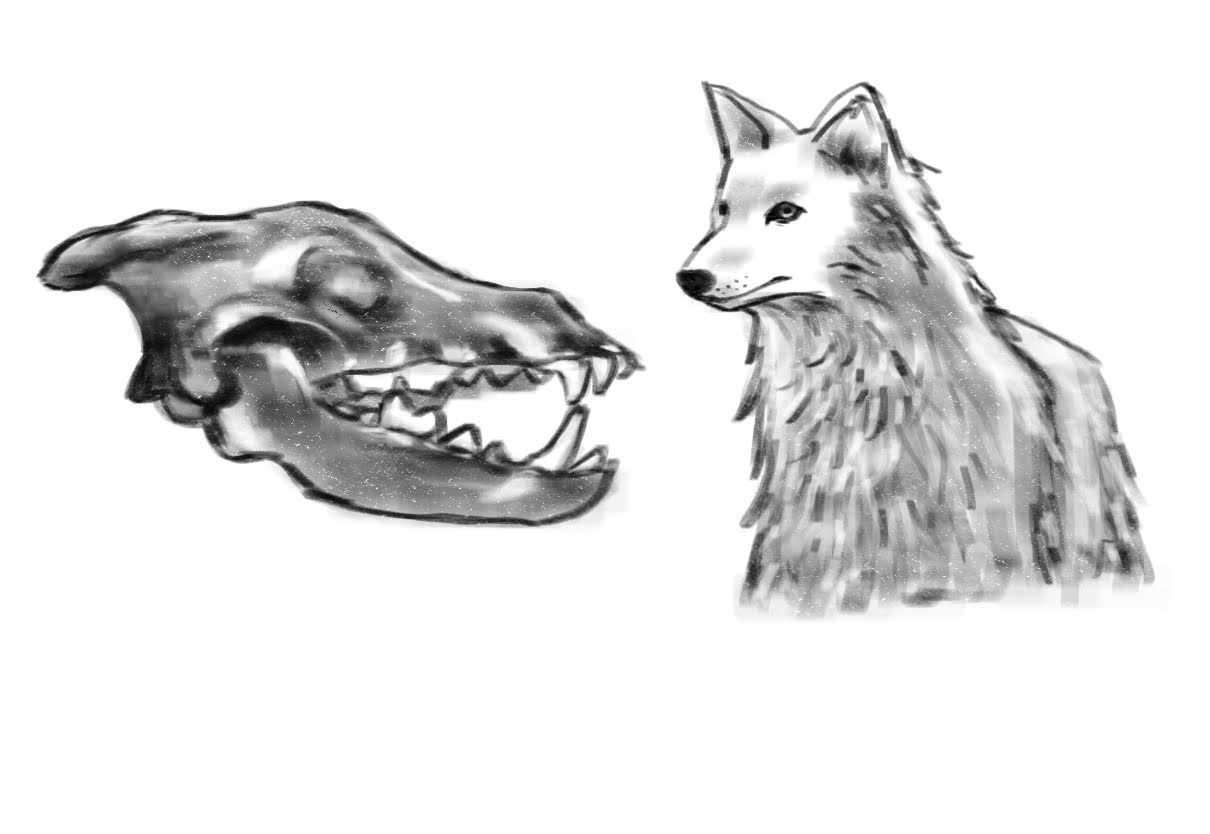
Dire Wolves Return: De-Extinction Becomes Reality
Colossal Biosciences has used advanced gene editing to bring back the extinct dire wolf and subsequently redefined what it means to truly “resurrect”[C: a species. Art/Photo Request: dire wolves, something like this
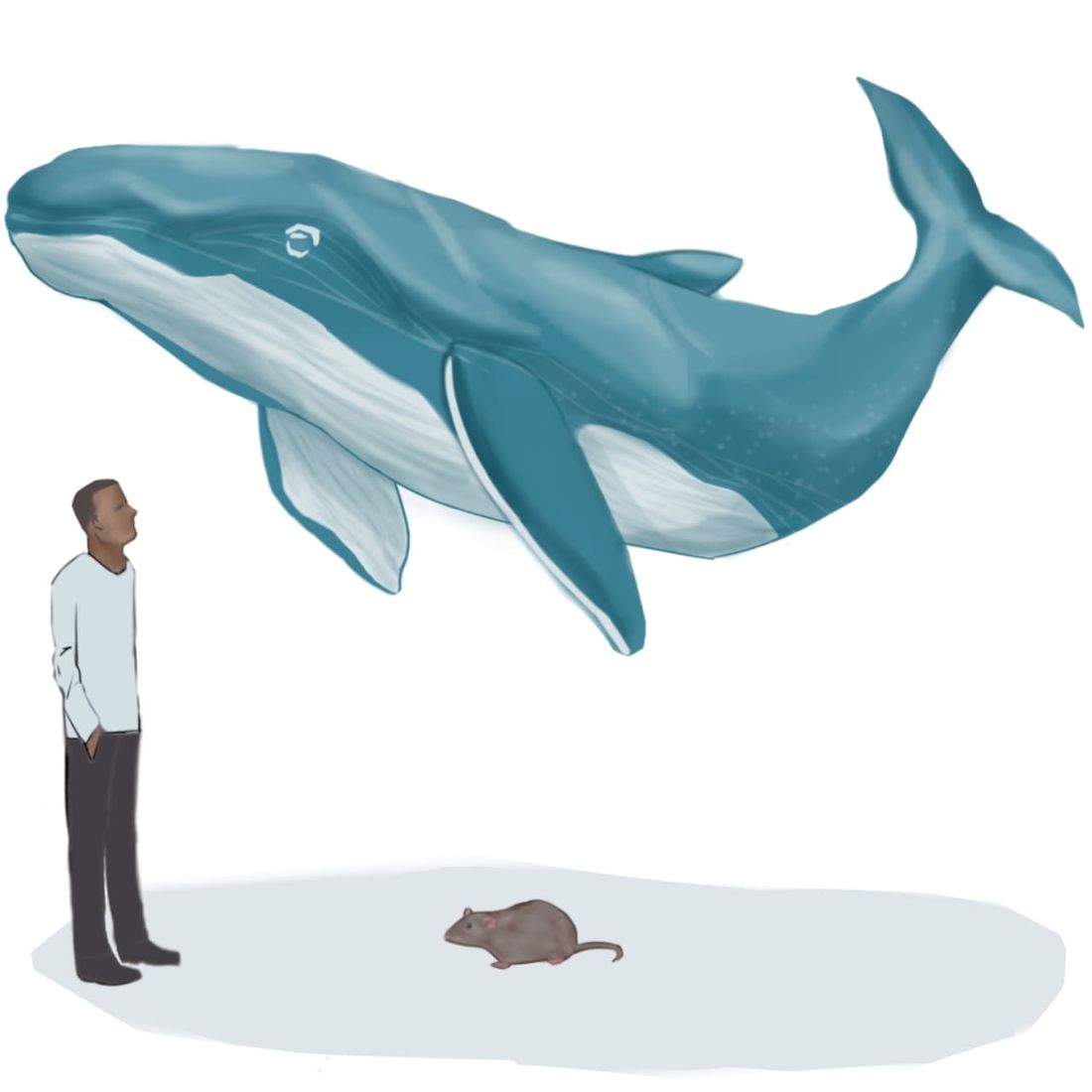
Peto’s Paradox: Why Larger Animals Aren't More Prone to Cancer
Larger animals have more cells, which means they should have a higher incidence of cancerous tumors. However, they don’t—elephants and whales, the largest animals in the kingdom have extremely low rates of cancer.

Why Fidgeting Might Just Be the Brain’s Best Friend
By Isabel Cho
For neurodivergent adolescents, fidgeting serves as a vital self-regulation strategy that supports focus, engagement, and learning.

How Genetically Modified HIV Viruses Could Speed up Cancer Treatment
In-vivo CAR T cancer therapies could be a faster, less expensive, and safer alternative to ex-vivo CAR T therapies.

Iron’s Hidden Weakness: A New Path in Cancer Treatment
By Daniel Li
Ferroptosis is a promising field in cancer treatment research due to a cancer cell’s potentially heightened iron levels.

Cry it Out: The Benefits of Shedding Tears
Where do tears come from, and why are they beneficial for our overall health?
Wires Can Save Thousands of Lives—Impossible!
By John Nan
Fiber optic cables can alert us about earthquakes more efficiently than previous technology, potentially saving many lives.

Ambidexterity: Rare Skill or Learned Trait?
Ambidexterity, the trait of having no dominant hand, has lasting effects on neurological distribution—yet this ability can be learned, to an extent.

The Art of a Colorful Night
By Emma Musyuk
While the polar lights may appear as ribbons of various hues and colors in the night sky, the science behind them is just as fascinating as is their beauty.

No Place Like Food - The Significance of Comfort Foods
By Andrew Zhang
Comfort foods are deeply tied to emotion and memory, providing temporary relief from stress while carrying both psychological and physical consequences.
Remembering Jane Goodall
Remembering the discoveries and legacy of renowned primatologist, ethologist, and anthropologist Dr. Jane Goodall.

One at a Time!
As digitalization continues to be prevalent in modern times, multitasking has become a norm for many in everyday life, but its human practicality is not possible.

Medical Patents: Why Prescription Medications Cost So Much
By Olivia Liu
Medical patents often give companies large market domination over products, especially when loopholes allow patents to survive longer than intended.

Waves From the Universe: Scientists Uncover a New Way to Detect Gravitational Waves
By Lorelai Kim
A novel way to locate gravitational waves could allow scientists to uncover new cosmic events.
Overwhelming Medical Schools and Healthcare Costs
The costs of both medical schools and healthcare service pose a concerning burden among students and patients respectively, which upon certain perspectives, seems unreasonable.
Title: Holding Back the Tides: How Lower Manhattan is Handling Flood Resilience
By Angelina Lu
Battery Park City’s new coastal resiliency plan serves as a model for flood barrier engineering in urban environments.

Tylenol: Fever Fixer or Cause of Autism?
By Ryan Yang
While Trump’s comments have reignited public fears, researchers stress that the evidence linking Tylenol and autism remains uncertain.

The Secrets Behind Apple’s Success
Apple has maintained its grip on the smartphone market by leveraging its ecosystem and marketing prowess.

The Colonial Footprint
By Angelina Lu
European colonization of the Americas impacted the environment through disease-driven reforestation, pollution from extractive industries, and destructive land usage.

The Winter Blues: Coping with Seasonal Depression
Seasonal affective disorder (SAD) is a type of depression that occurs at specific times of the year, most commonly during the fall and winter months. It impacts mood, energy, sleep, and appetite, often going unrecognized among young adults and students adjusting to seasonal changes.
Science and Politics: STEM Innovation Under Trump
The Trump administration’s second term has taken a sharper turn in shaping U.S. research priorities, as of September 2025, partly polarizing and politicizing scientific knowledge. From policy directives promising a “gold standard for science” to sweeping funding cuts and technological initiatives, the administration’s decisions are redefining the landscape of American innovation.
Glow-in-The-Dark Plants? Bloom-inescence!
Recent developments have advanced the ongoing research into fabricating bioluminescence in non-glowing organisms, and multiple companies have created viable glow-in-the-dark plant products.
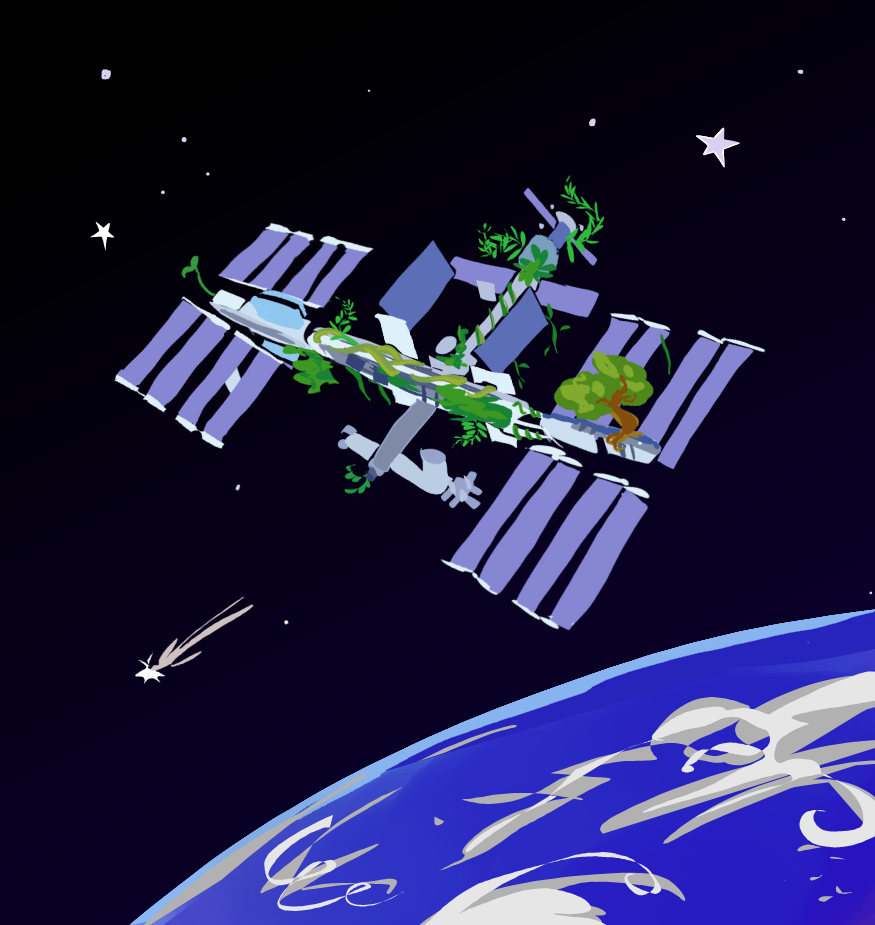
Growing Beyond Earth: How Plants Thrive in Space
Scientists are finding ways to grow plants in space to help further research, provide better nutrition for astronauts, and find ways to strengthen crops on earth.
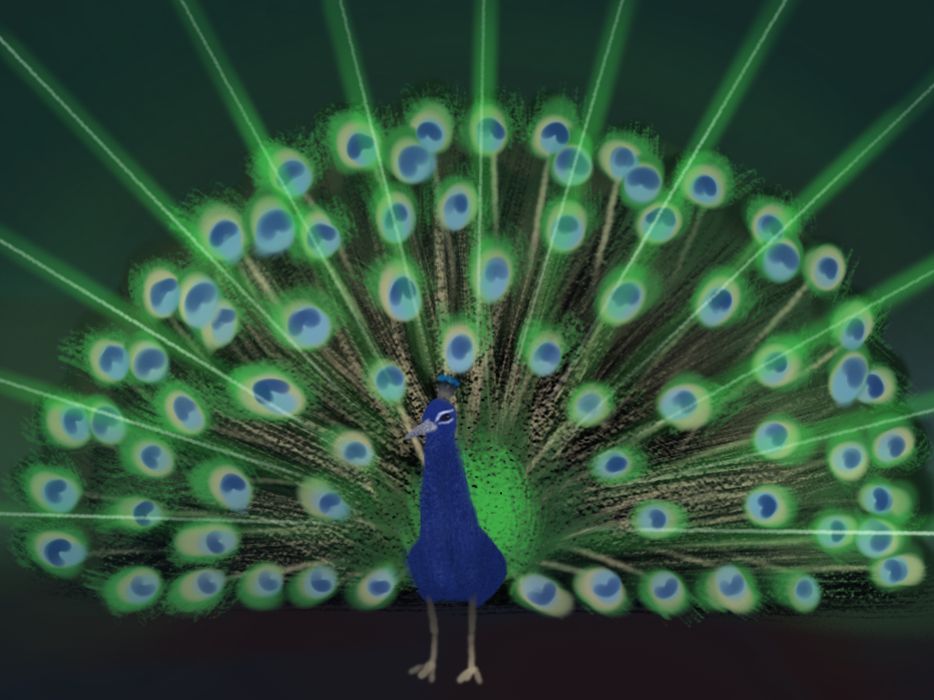
Lasers and Peacocks
By Sophie Zhao
Peacock tails contain microstructures capable of producing laser light.
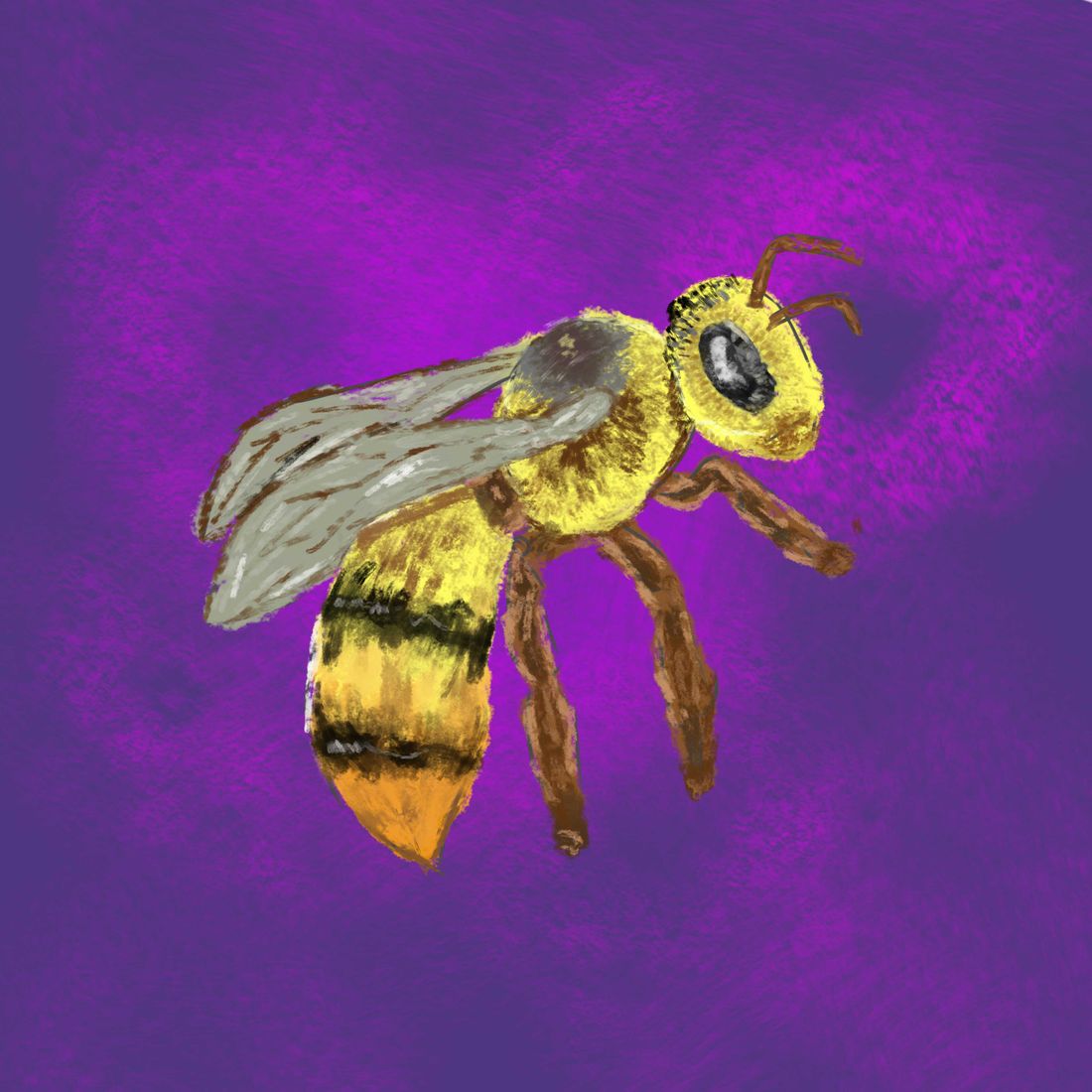
BusyBees Can Keep Us From Coughing
Honeybees produce honey, which is acclaimed for its rich diversity…and its health benefits.
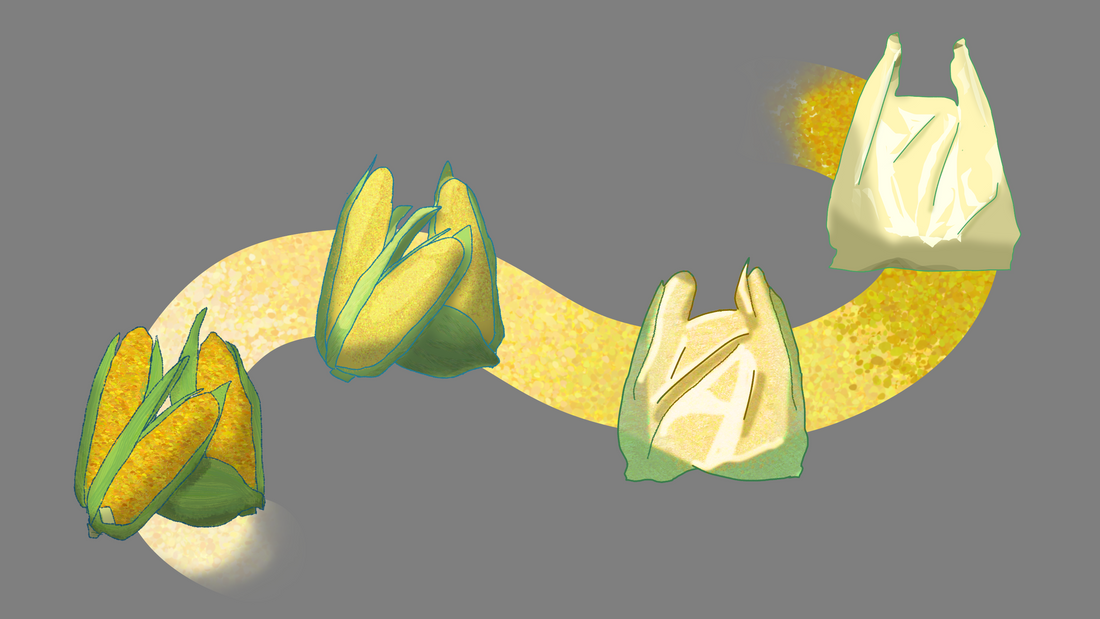
Potato Bags and Agave Straws: Can Producing More Plastic Help End Plastic Pollution?
By Jessica Yao
Bioplastics, materials made from renewable resources, can be an alternative to traditional plastic and offer a solution to plastic pollution.
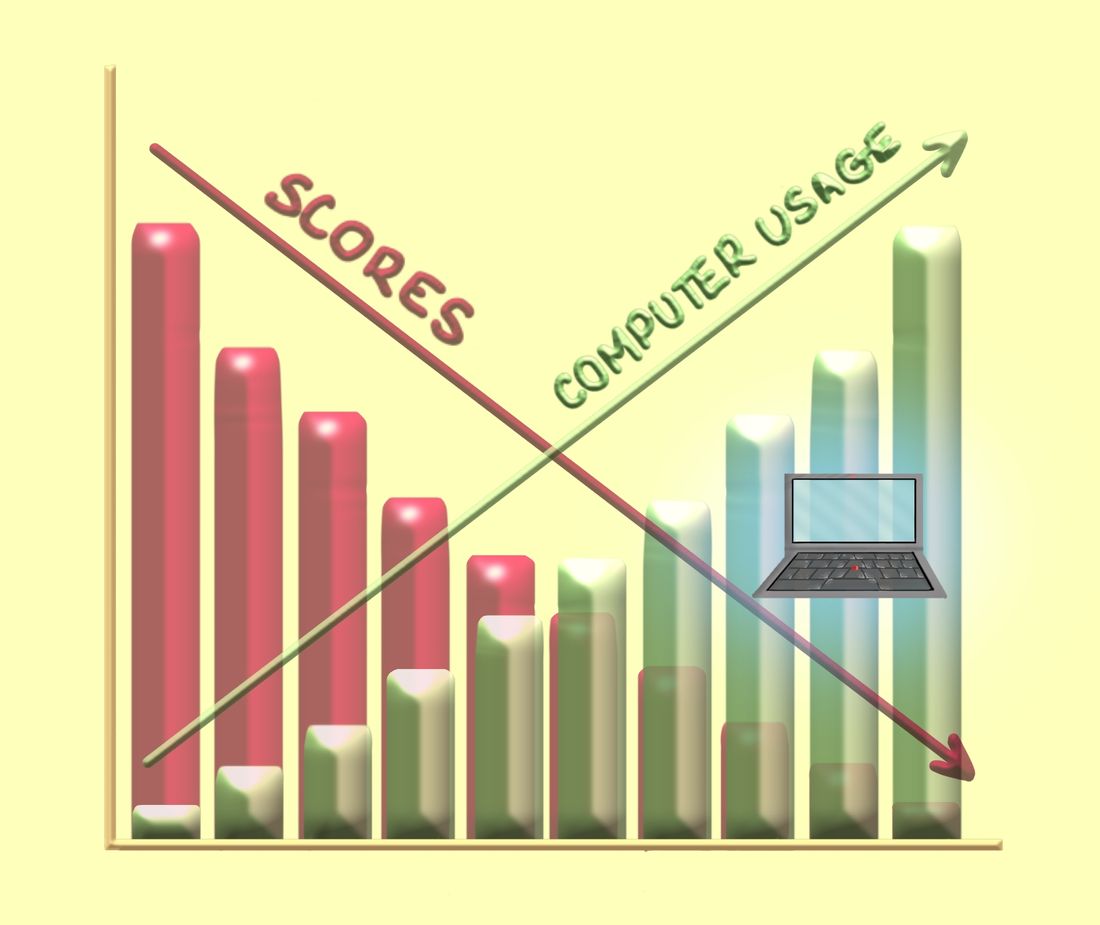
The Neuroscience Behind a New Era of Test Taking: Paper vs Digital
By John Nan
The differences between paper and digital notes are often stark, especially when factoring in the academic performance associated with typing and handwriting.
